Multiscale analysis of microbial rocks from the Altiplano (Andean cordillera, Chile): structure and function of microbial communities, mineralization processes and carbon storage potential
Interdisciplinary co-supervision: Purificación López-García (1) and Karim Benzerara (2)
(1) ESE – Ecologie, Systématique, Evolution, UMR 8079, Université Paris-Saclay, 91190 Gif-sur-Yvette
(2) IMPMC – Institut de Minéralogie, Physique de Matériaux et Cosmochimie, UMR 7590, Sorbonne Université, Paris
Summary: Microbialites are organosedimentary structures formed by microbial communities. These mineralizing microbial mats, often laminated (stromatolites), are easily preserved in the fossil record and bear witness to the occurrence of phototrophic microbial communities on Earth since ~3.5 Ga.
Microbialites still form today, notably in lacustrine environments of particular hydrochemistry often linked to evaporitic processes (1, 2). Their formation could be favored by climate change and/or impacted by human activities linked to, e.g. the mining industry (3). Microbialites fix CO2 in organic and mineral form by their photosynthetic activity and favoring carbonate precipitation. They can thus play a non-negligible role in the C cycle in the context of global climate change, notably under the increasing desertification of large continental areas enhancing evaporitic processes. Nonetheless, the mechanisms of microbialite formation are not well understood and a comparison of the involved processes along evaporitic gradients is needed.
The Chilean Andean Altiplano (~4,000 m altitude) hosts a series of salt-flats (salares) displaying different salinities as a consequence of strong evaporitic processes in the Atacama Desert area. Several of these salares harbor modern microbialites, but most of them have not been studied. During recent field trips to the Chilean Altiplano (collaboration with the university of Antofagasta), we sampled 24 salares along a transect of 1,100 km, some of them under geothermal influence linked to the volcanic activity of the region. Around one fourth of these systems harbor microbialites of different morphologies and textures that have never been studied. In this project, we propose to combine metabarcoding and/or metagenomic analyses of microbial diversity with mineralogy analyses and imaging at macro-, micro- and nanoscale to answer the following questions:
i) What is the composition of microbial communities associated to these stromatolites and what are the metabolic functions favoring the mineral precipitation and, accordingly, the formation of these biosedimentary structures?
ii) What type of mineral-microbe interactions exist in the local hydrochemical context and what are the biomineralization conditions leading to microbialite formation along the evaporitic gradients of the Altiplano?
iii) What traces of microbial activity and environmental conditions are registered at micro- and mesoscal
By answering to these questions, we hope to establish models of stromatolite formation as a function of the hydrochemical and evaporitic context of the Altiplano salares, with implication to understand the lacustrine paleoenvironments of the region and predict the future evolution of these systems in the framework of climate change and the overexploitation and desiccation of the salares for the sake of lithium extraction.
Candidate profile: The candidate should be familiar with broad aspects of microbial diversity, ecology and evolution, as well as geosciences. Being familiar with molecular approaches to characterize microbial diversity (metabarcoding, metagenomics) and/or analytical and high-resolution microscopy approaches to study mineralogy and geochemistry will be highly appreciated.
Keywords: Stromatolite, metabarcoding, metagenomics, biosignatures, geomicrobiology, paleoenvironment, C sequestration, astrobiology
Contexte de travail
This PhD is funded by the Interdisciplinary Mission of the CNRS (MITI 80Prime). It involves two teams from two laboratories linked to the Biology and Ecology-Environment as well as the Physics and Earth Sciences CNRS institutes. The teams of the two co-supervisors, DEEM – Diversity, Ecology and Evolution of Microbes (http://www.deemteam.fr/en/) and BIOMIN – Biomineralogy: history, mechanisms and applications (https://impmc.sorbonne-universite.fr/en/research_teams/biomin-biomineralogy.html), maintain a long-term collaboration.
Contraintes et Risques
The PhD work does not involve major risk and will be done under normative security rules. The PhD may involve the participation to field trips at high altitude. The PhD student should adapt to work in two different laboratories in the same geographic area, which needs some flexibility.
Link to apply: http://www.deemteam.fr/en/PhD_opportunity_geobiology
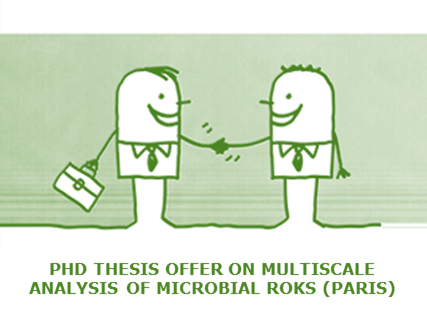
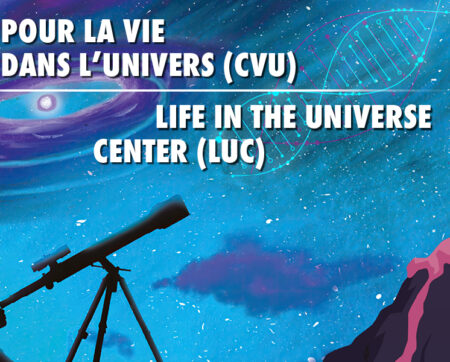
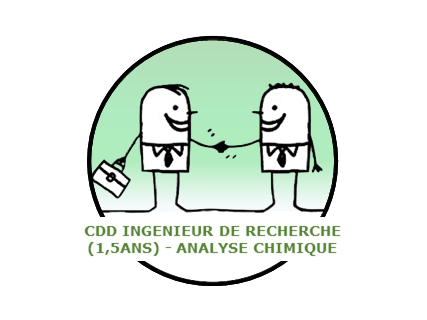
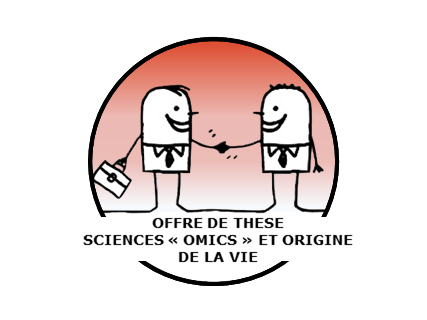
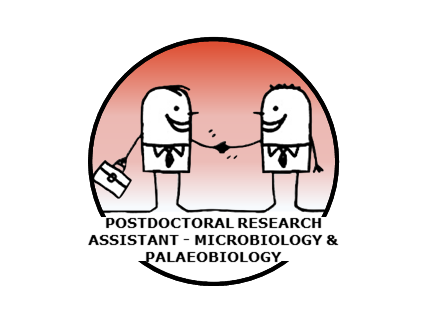
Aucun commentaire sur l'article PhD thesis offer on multiscale analysis of microbial rocks